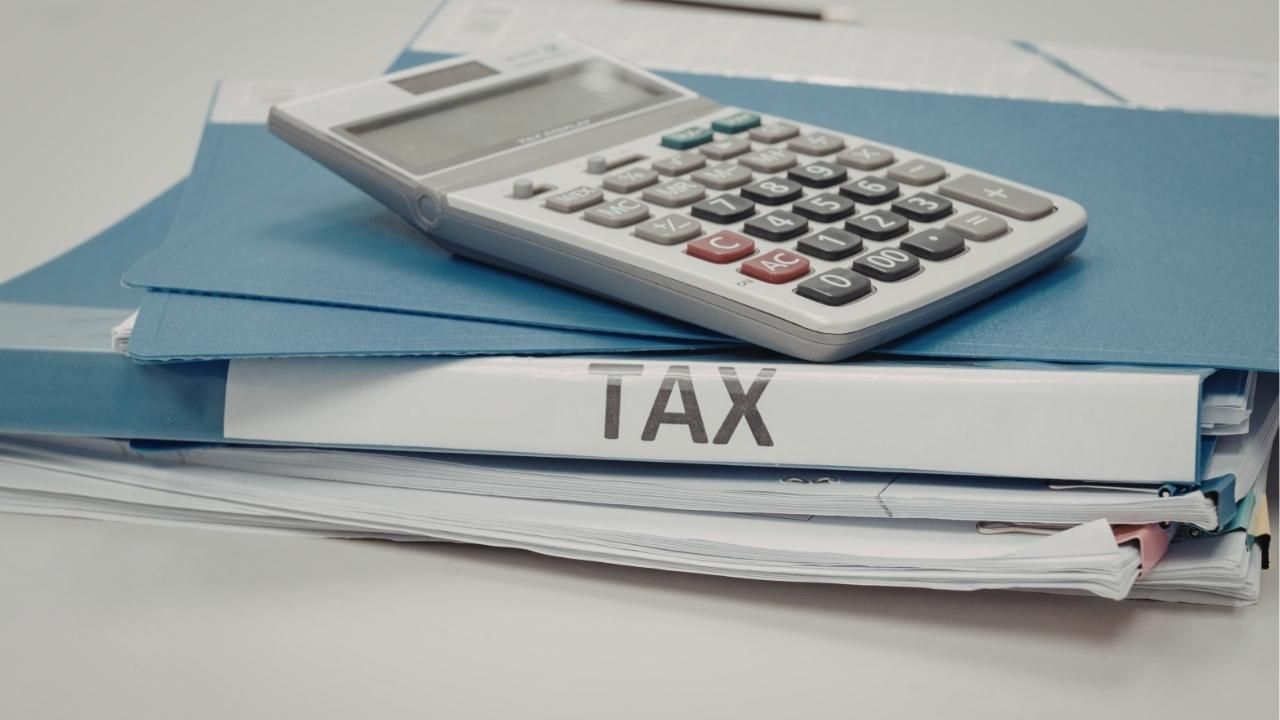Filing Taxes as an Expat: Do You Still Owe the IRS?

If you’ve moved abroad and left the U.S. behind, you might think you’ve left your tax obligations behind too. Unfortunately, the IRS doesn’t quite see it that way. Even as an American expat, Uncle Sam still expects you to file—and possibly pay—U.S. taxes. But don’t panic just yet. With the right guidance and a solid understanding of how the system works, you can stay compliant without overpaying.
Here’s what you need to know about filing taxes as an expat—and how to determine whether you still owe the IRS.
U.S. Citizens Are Taxed on Worldwide Income
This is the core reason American expats can’t ignore the IRS: the U.S. is one of only two countries in the world that taxes its citizens based on citizenship, not residency. This means even if you haven’t set foot in the U.S. all year, you’re still required to report your global income if you meet the filing threshold.
In 2025, the thresholds are the same as those living in the States—for example, single filers under 65 must file if they earn at least $13,850. That includes wages, freelance income, rental income abroad, and even foreign investments.
The Foreign Earned Income Exclusion (FEIE)
Now for the good news: just because you have to file doesn’t mean you’ll owe. The IRS offers tools that can help minimize or even eliminate your tax bill.
The most well-known is the Foreign Earned Income Exclusion (FEIE), which allows you to exclude up to $126,500 (2025 figure) of foreign income from U.S. taxation if you meet either the Physical Presence Test or the Bona Fide Residence Test.
- Physical Presence Test: You must be outside the U.S. for at least 330 full days in any 12-month period.
- Bona Fide Residence Test: You must live in a foreign country for at least one full calendar year and establish residency there.
If your income exceeds the exclusion limit, you may still owe U.S. taxes on the amount above that threshold.
Foreign Tax Credits and Tax Treaties
If you pay taxes to your host country, you might qualify for the Foreign Tax Credit (FTC). This credit allows you to reduce your U.S. tax liability dollar-for-dollar by the amount of foreign taxes you’ve already paid. In many cases, this results in no additional U.S. tax owed.
Some countries also have tax treaties with the U.S., which can further reduce or avoid double taxation. These treaties can get complex, so working with a professional who understands both countries’ systems is crucial.
Reporting Foreign Bank Accounts and Assets
In addition to income, expats need to disclose foreign financial accounts. If the total value of your foreign bank accounts exceeds $10,000 at any point during the year, you must file an FBAR (Report of Foreign Bank and Financial Accounts). You may also need to file FATCA (Form 8938), depending on your assets.
Failure to file these forms can result in steep penalties—even if you don’t owe taxes—so don’t overlook them.
When to Get Help
Navigating expat taxes can be overwhelming, especially if you're dealing with multiple income streams, residency issues, or unfamiliar local tax laws. That’s where experienced guidance makes all the difference.
If you're seeking support, professional tax filing consultants in Fort Mill SC like those at Carolina Tax Consulting specialize in helping expats stay compliant while taking advantage of every available exclusion and credit. Their tax preparation services include international compliance, FBAR reporting, and personalized filing strategies for U.S. citizens living abroad.
Case Study: John, an Expat in Spain
John, a U.S. software developer living in Madrid, earned $112,000 last year from a remote job. He filed using the Foreign Earned Income Exclusion and didn’t owe the IRS a dime. But he forgot to file an FBAR for his Spanish bank accounts—an oversight that triggered a $10,000 penalty. With help from a tax consultant, he submitted a reasonable cause statement and had the penalty waived. Today, John uses a professional tax service to avoid mistakes and maximize benefits.
Final Thoughts
Yes, as an expat, you still have to deal with the IRS—but that doesn’t mean you’ll always owe money. With the right exclusions, credits, and expert help, you can often reduce your tax liability to zero. Just don’t skip filing—because the penalties for non-compliance can be much worse than the taxes themselves.
If you’re an expat unsure about your next tax move, don’t risk going it alone. Reach out to a qualified tax consultant who understands the expat filing maze—and file with confidence.
Ready to work with Carolina Tax Consulting, LLC?
Let's connect! We’re here to help.
Send us a message and we’ll be in touch.
Or give us a call today at 803-410-5885











